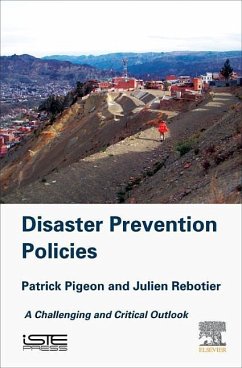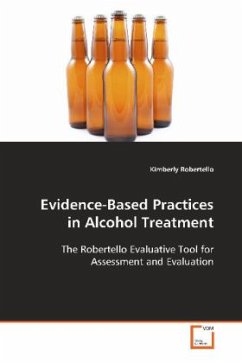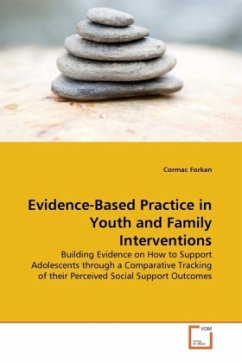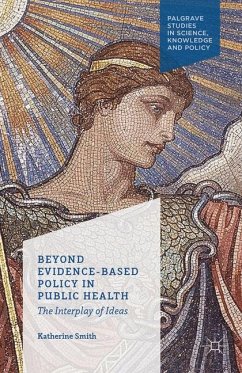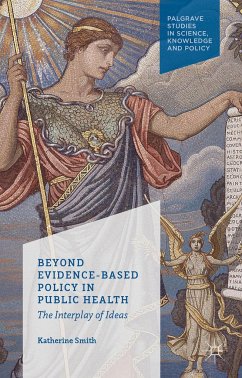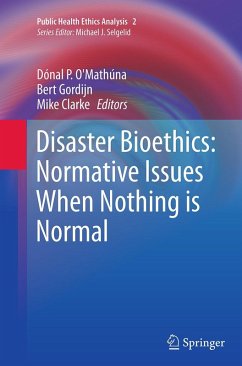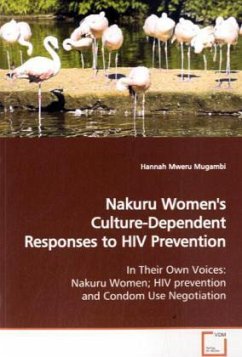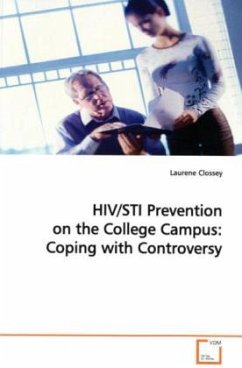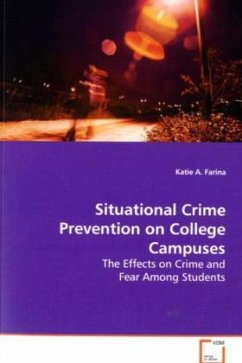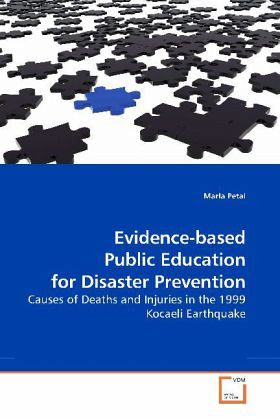
Evidence-based Public Education for Disaster Prevention
Causes of Deaths and Injuries in the 1999 Kocaeli Earthquake
Versandkostenfrei!
Versandfertig in 6-10 Tagen
52,99 €
inkl. MwSt.

PAYBACK Punkte
26 °P sammeln!
This book opens with the significance of earthquake risks to large urban areas, and explores the hegemony of technological rationality, the limits of urban planning contributions, the impact of knowledge denial, and the theory of a "ladder of empowerment" applied to public education for disaster risk reduction. Literature reviews cover both public education and household adjustments for disaster mitigation and preparedness and the research into the epidemiology of earthquake deaths and injuries. A geospatial random sample survey of 453 households in Gölcük provides data on the causes of deat...
This book opens with the significance of earthquake risks to large urban areas, and explores the hegemony of technological rationality, the limits of urban planning contributions, the impact of knowledge denial, and the theory of a "ladder of empowerment" applied to public education for disaster risk reduction. Literature reviews cover both public education and household adjustments for disaster mitigation and preparedness and the research into the epidemiology of earthquake deaths and injuries. A geospatial random sample survey of 453 households in Gölcük provides data on the causes of deaths and injuries. Survey findings cover a wide range of variables related to people, buildings, objects, behavior, injuries, and mitigation and preparedness measures. An auto-ethnographic narrative is used to document reflective practice in a cross-cultural setting. Content analysis is used to compare US and Turkish public education materials. Lessons learned and research utilization are discussed. Epidemiological findings are summarized and conclusions drawn relative to earthquake safety, empowerment for disaster prevention education and future research.



